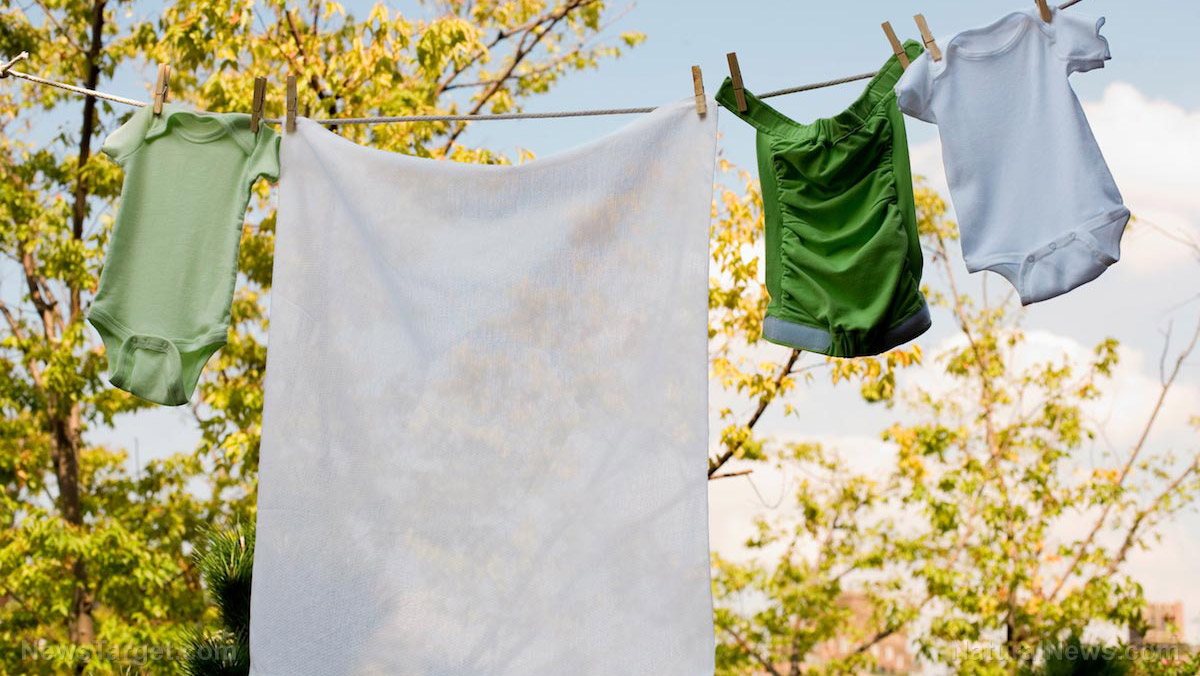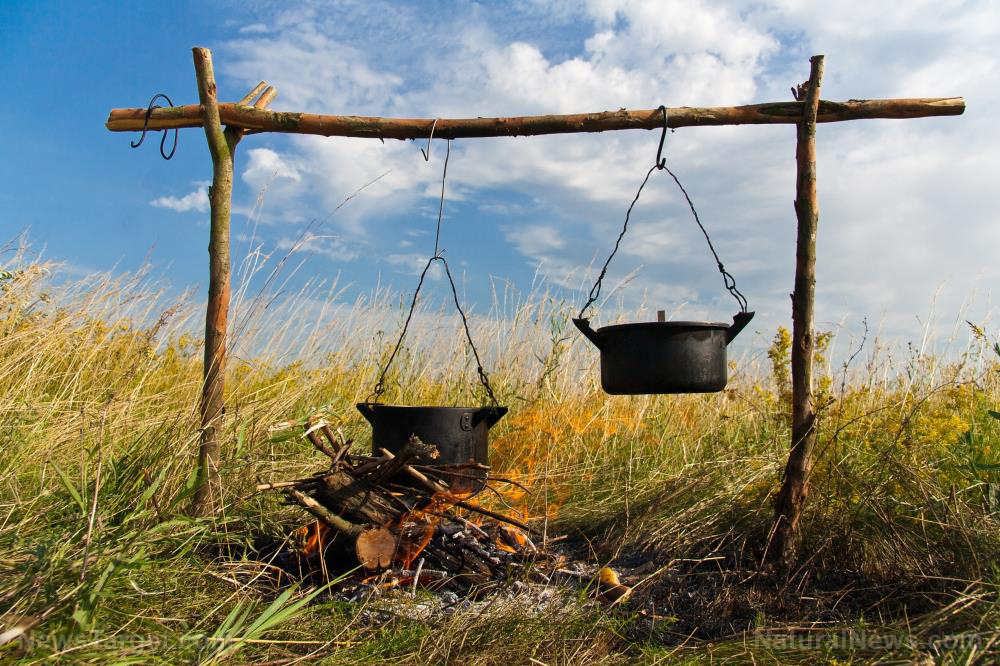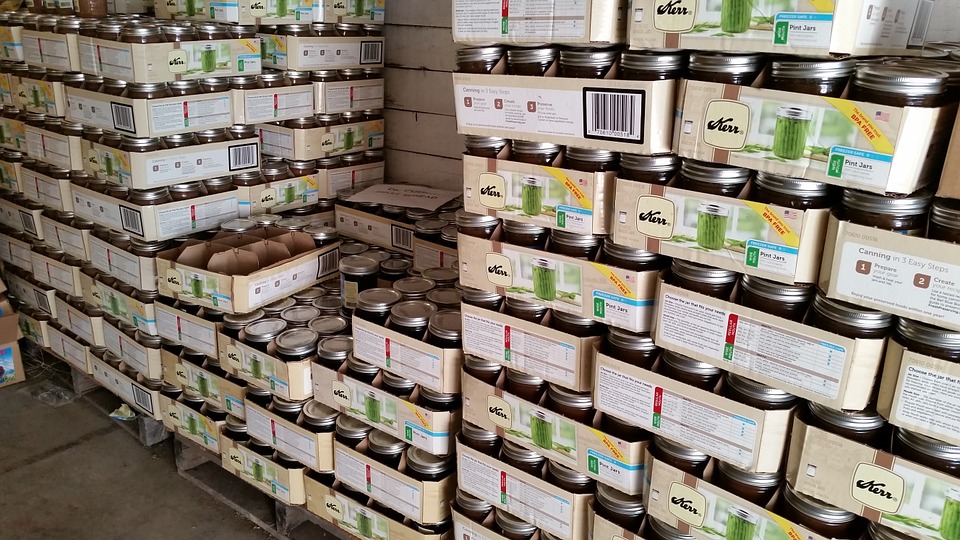Saving time and detergent: How to reduce your laundry load after SHTF
08/16/2022 / By Zoey Sky

After disaster strikes, you still need to do the laundry, but you may have to do it without the help of a washing machine. If you’re worried about having to wash all of your laundry by hand, learn how to reduce your family’s laundry load.
Follow the tips below to reduce the load of laundry you do each week. (h/t to PrepSchoolDaily.Blogspot.com)
Wear a house dress
Previous generations of women often wore a house dress in the mornings as they cleaned the house every day.
Keep your other clothes in good condition by opting to wear a house dress as you take care of various chores around your homestead.
Wear an apron
Wearing an apron is one way to prevent damage and stains on your clothes. Before you clean, prep food, cook or work in your garden, put on an apron to keep your clothes dirt-free.
If family members volunteer to help in the kitchen, make sure they’re also wearing aprons. It’s also best to avoid wearing new or good clothes while cooking. (Related: Mend, wash and rotate: How to care for your clothes and make them last longer.)
Wear separate sets of clothes at school/work and at home
Keep nice clothes in good condition longer by having your kids change out of them once they get home. Before your children go out to play, have them wear a set of “play clothes” to their school clothes will require less laundering.
Do the same for adults who work at an office and give them a different set of clothes for lounging at home.
Wear wool
Natural animal fibers like 100 percent wool are antimicrobial and they are natural odor eaters. Wearing clothes made of these natural fibers can help reduce the laundry load since they will require less washing compared to shirts and pants made of other fabrics.
Wear shoes
Socks won’t get as dirty if you’re wearing shoes. At the same time, wearing shoes or slippers will also help socks last longer.
Clean clothes using a clothes brush or tape
Sometimes, smudges on clothing don’t really require washing. You can simply remove the debris with a clothes brush.
If you have pets at home, remove pet hair and lint with a lint roller or a length of tape.
Potty train babies
Even if you have amassed a lot of supplies for your stockpile, disposable diapers for a baby at home will eventually run out. Having cloth diapers is a great sustainable alternative, but that means you also have to wash the diapers daily.
Earlier generations of women were much closer physically to their children, often carrying them in slings while they worked around the home. This close communication helped women sense when their children needed to use the toilet.
This helped lessen the need to change diapers when babies were often clad in cloth diapers. If you want to make sure your kids can use the bathroom on their own instead of needing diapers, potty train them once they’re old enough.
Have the whole family use the same laundry baskets
Having separate laundry baskets in each person’s room or closet means you might end up doing several loads of laundry.
To reduce the laundry load, place them in a central location to combine all the laundry.
Create capsule wardrobes for the whole family
Curate capsule wardrobes for each family member to significantly reduce your laundry load.
You can easily control your own and your kids’ wardrobes by purchasing less clothing for them. This ensures that there will be fewer clothing options for them to change into and out of in a day.
Visit SHTF.news for more tips on how to survive in a post-SHTF world.
Watch the video below to know how to make DIY laundry soap using common household ingredients like baking soda and a bar of soap.
This video is from the Health with benefits channel on Brighteon.com.
More related stories:
Prepping basics: How to wash your clothes without electricity.
Natural, homemade alternatives to toxic dryer sheets.
How to make your own DIY washing machine.
Sources include:
Submit a correction >>
Tagged Under:
clothing, disaster, homesteading, how-to, Laundry, off grid, preparedness, prepper, prepping, self sufficiency, self-reliance, SHTF, survival, tips
This article may contain statements that reflect the opinion of the author
RECENT NEWS & ARTICLES
COPYRIGHT © 2017 PREPAREDNESS NEWS




















